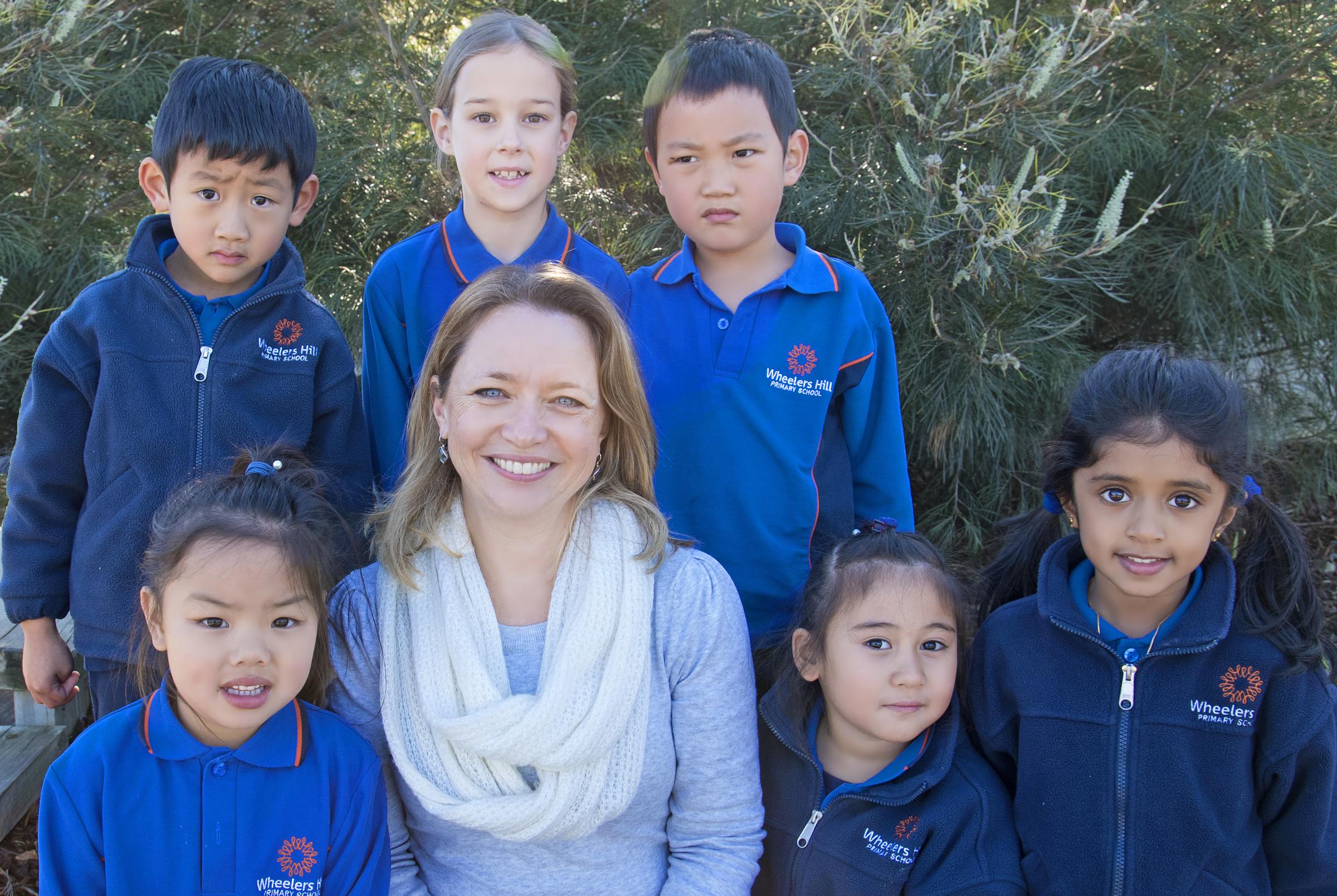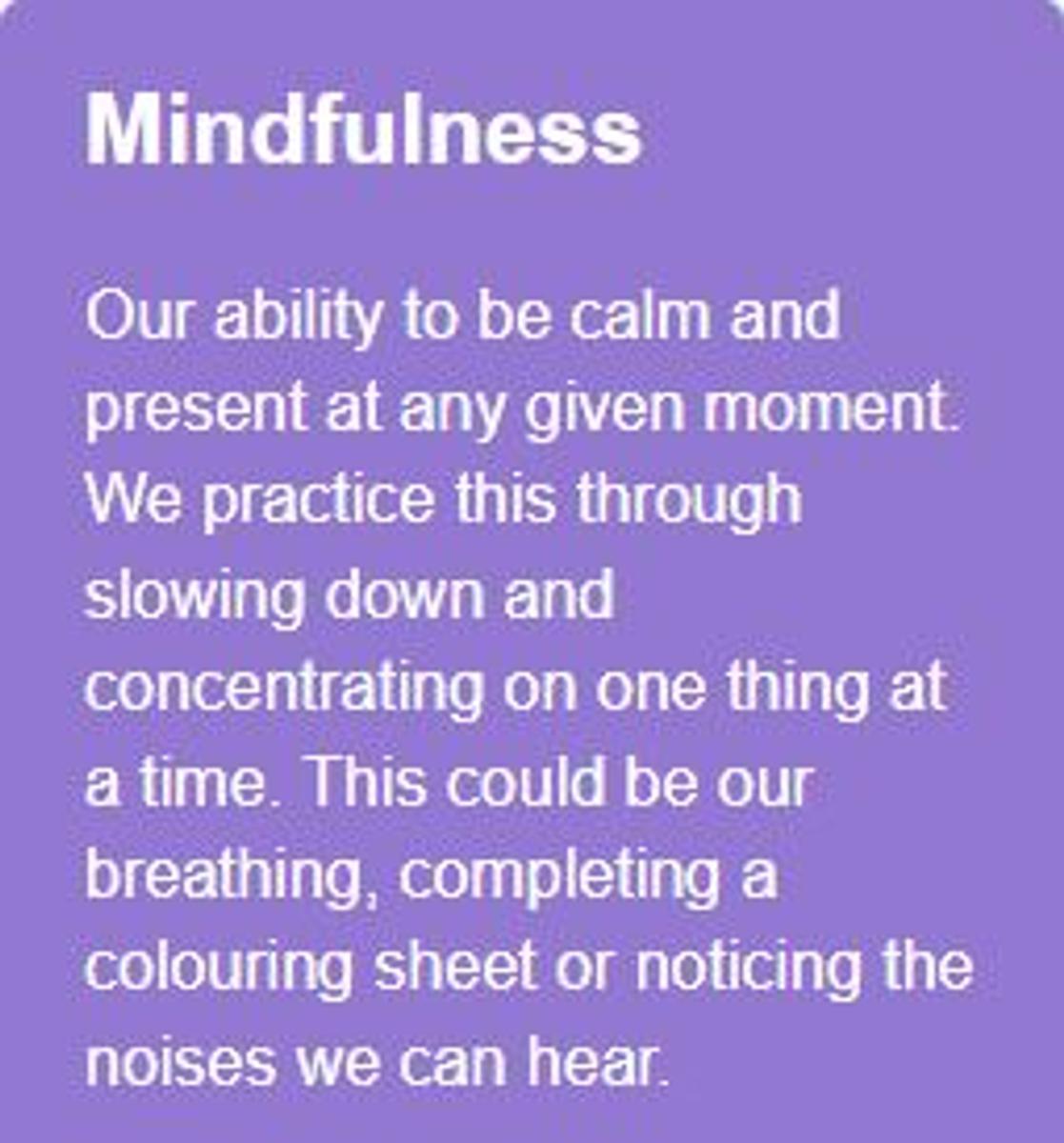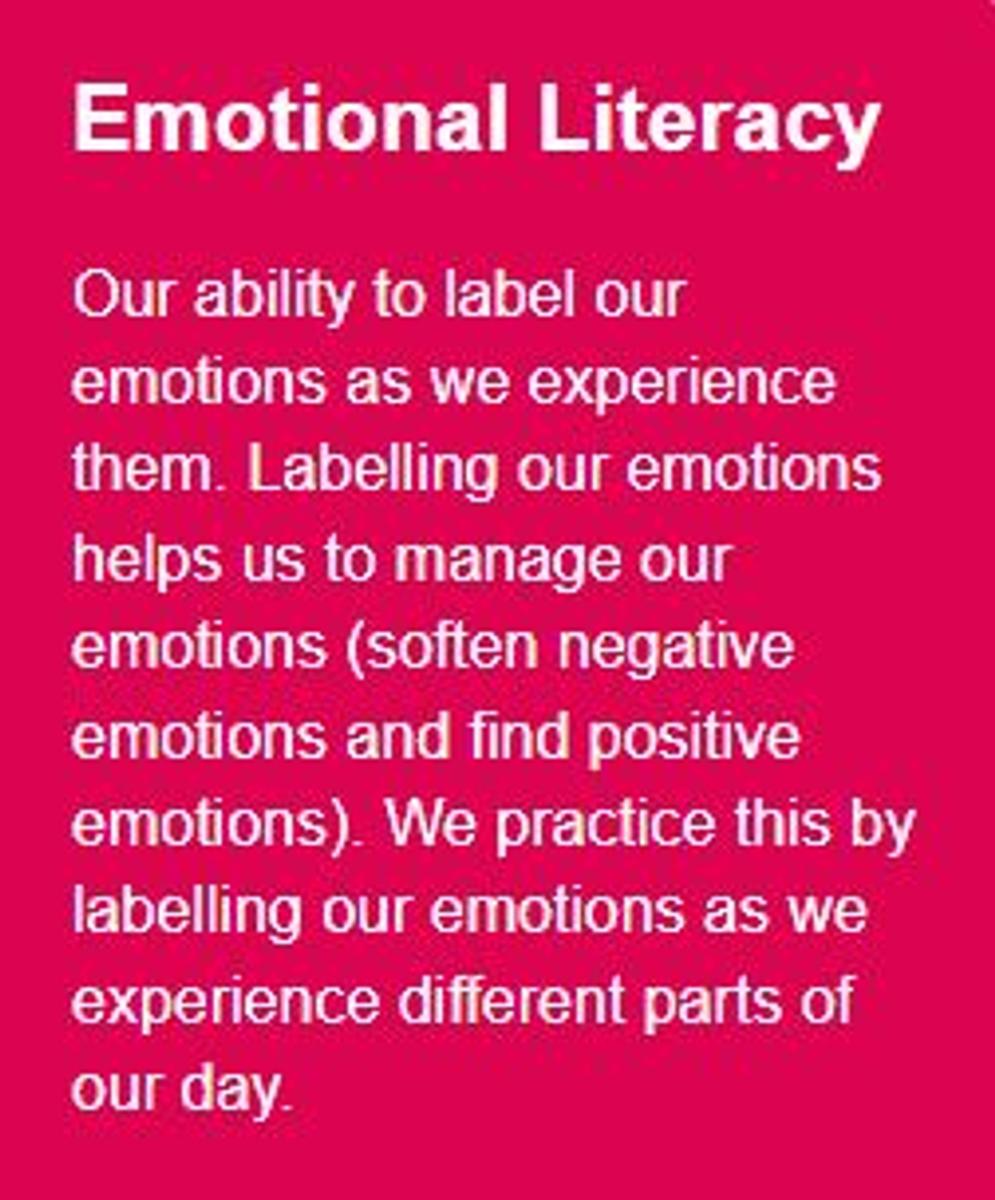Assistant Principal
Katrina Spicer - Wellbeing and Inclusion

Assistant Principal
Katrina Spicer - Wellbeing and Inclusion


Resilience and wellbeing are key factors to ensure a happy and fulfilling future for our young people.
Every year, students in years 3, 4, 5 and 6 at WHPS participate in the Resilient Youth Survey which is administered by Resilient Youth Australia in partnership with The Resilience Project. Students will complete this online survey during class time prior to the end of May.
The data from the survey will be reported in aggregate descriptive form only, by year level and gender, and no individual student responses can be identified. This data is very helpful to our school to help us to monitor the wellbeing of our students, and, when applicable, the effectiveness of our programs. In previous years, we have used data from the survey to identify issues such as low self-confidence and disconnection in girls, discrepancies in wellbeing between boys and girls in certain year levels, and changes in wellbeing following Covid lockdowns.
The Resilient Youth Survey is completely anonymous. The survey collects the self-reported resilience and wellbeing of students and will provide valuable information to assist us to create and maintain the best culture of wellbeing and resilience that we can.
If you have any questions or concerns regarding your child’s participation in this survey project, please contact Katrina Spicer at the school to discuss.
We thank you for your support.


The Resilience Project has been a core part of the WHPS Curriculum since 2017.
The Resilience Project is committed to teaching positive mental health strategies to prevent mental ill-health and build young people’s capacity to deal with adversity.
Teachers and students engage in weekly lessons and activities around the key principles of Gratitude, Empathy, Mindfulness (GEM), and Emotional Literacy to build resilience.
Check out the TRP website for more information:
And check out TRP@HOME; a place filled with inspiration and activities for the whole family, to help improve your wellbeing and build resilience.
The research is clear; the more positive emotion you experience, the more resilient you will be. For that reason the TRP curriculum focuses on three key pillars that have been proven to cultivate positive emotion; Gratitude, Empathy and Mindfulness (GEM), with Emotional Literacy being a foundational skill to practise these strategies.








Katrina Spicer
Assistant Principal for Wellbeing and Inclusion
katrina.spicer@education.vic.gov.au


By Dr Justin Coulson
As I have surveyed and worked with thousands of families over the years, there are a small handful of habits that I see parents practice that make their families happy. And they are astonishingly powerful.
In this article I will share those habits by describing the principal, discussing how it works in practice, and offering a provocation to get you thinking.
Assume Positive Intent
Principle: Your children are not actually trying to ruin your life. They're trying their best with limited skills and resources. Sometimes they can be clumsy. They only have their 'L' plates on.
In Practice: When your child does something upsetting, pause before reacting. Ask yourself, "What need is my child trying to meet?" Then, address the need rather than just the behaviour. "I can see you're frustrated. Let's figure this out together."
Provocation: We wouldn't assume colleague intentionally sabotaged a project, yet we're quick to believe our children are orchestrating psychological warfare against us. Your child isn't a criminal mastermind plotting your demise. They're just hungry, tired, or struggling to communicate. The fastest way to turn a good kid bad is to treat them like they already are.
Laugh Together
Principle: Shared joy creates bonds that withstand life's challenges.
In Practice: Have family movie nights with comedies. Share funny stories. Play ridiculous games. Create inside jokes. Laugh at yourself when you make mistakes. Make silly faces, tell dad jokes and celebrate the ridiculous moments of family life.
Provocation: Most families spend more time coordinating schedules than creating memories. The average household shares fewer than 20 minutes of laughter per week, yet we wonder why everyone feels disconnected. If your family hasn't had a proper belly laugh together in the last few days, your family culture is in critical condition.
Fix Things Fast
Principle: Conflict is inevitable; prolonged disconnection is optional.
In Practice: Be the first to apologise, especially if you're the parent. Name what went wrong. Take responsibility for your part. Ask what would help. End with physical connection. A hug, high five or fist bump resets everyone's nervous system.
Provocation: Your silent treatment isn't 'teaching them a lesson'. Nor is yelling or threatening. It's teaching them that love is conditional. Every hour of unresolved tension between you and your child is rewiring their brain to expect conditional acceptance in future relationships. Your pride isn't worth the therapy bills they'll have later.
Stay Close
Principle: Children of all ages are biologically wired for connection with their parents.
In Practice: Create daily rituals of connection: bedtime stories, morning cuddles, after-school check-ins. Sit on their bed for five minutes at night. Drive them to school when possible. Find small ways to connect throughout the day that show you're thinking of them.
Provocation: Your child's push for independence is a facade. Behind it is a child desperately hoping you won't believe the act. While you're respecting their 'independence' by backing off, they're interpreting your distance as abandonment. Your children need you more, not less - they just need you differently as they grow. They want your involvement in a supportive, not a controlling way.
Listen Fully
Principle: Being heard creates security and builds trust.
In Practice: Put down your phone when your child speaks. Make eye-contact. Ask follow-up questions. Reflect back what you hear. Don't immediately jump to solutions or lectures. Sometimes say, 'Tell me more about that'.
Provocation: If your screen time report shows more hours on social media than minutes of eye contact with your children, you're outsourcing the most important relationship they have right now to someone or something else. Your child will remember exactly zero of your 'important' emails or Instagram rells, but they'll never forget the times you chose your phone over their story.
Create Meaningful Traditions
Principal: Family rituals create stability and identity in an unpredictable world.
In Practice: Establish weekly family nights, seasonal celebrations, birthday traditions or Sunday dinners. They don't need to be elaborate - consistency matters more than complexity. Even simple traditions like Sunday morning pancakes create anchors of belonging.
Provocation: In a culture where kids construct identity through screens and peers, your family traditions are fighting for your children's sense of self. Without these shared experiences, your family becomes little more than roommates who occasionally share Wi-Fi. The traditions you neglect creating today are the memories your children won't have tomorrow.
Have the Hard Conversations
Principle: Children need parents who are brave enough to discuss difficult topics.
In Practice: Create an environment where no question is off-limits. Talk about bodies, relationships, disappointments, and fears in age-appropriate ways. Don’t wait for the “perfect moment”. Use everyday opportunities to address important topics briefly and naturally.
Provocation: Your discomfort with difficult conversations doesn’t make them unnecessary. It makes them urgent. The conversations you avoid having with your children will be filled by Google, YouTube, or the kid on the bus with wildly inaccurate information. If you won’t have these conversations, someone else – or something else - will, and you probably won’t like their curriculum.


Our school subscription to Happy Families allows access to the Happy Families website to all members of our school community.
Families can access the Happy Families website at: https://schools.happyfamilies.com.au/login/whps
Password: happywhps